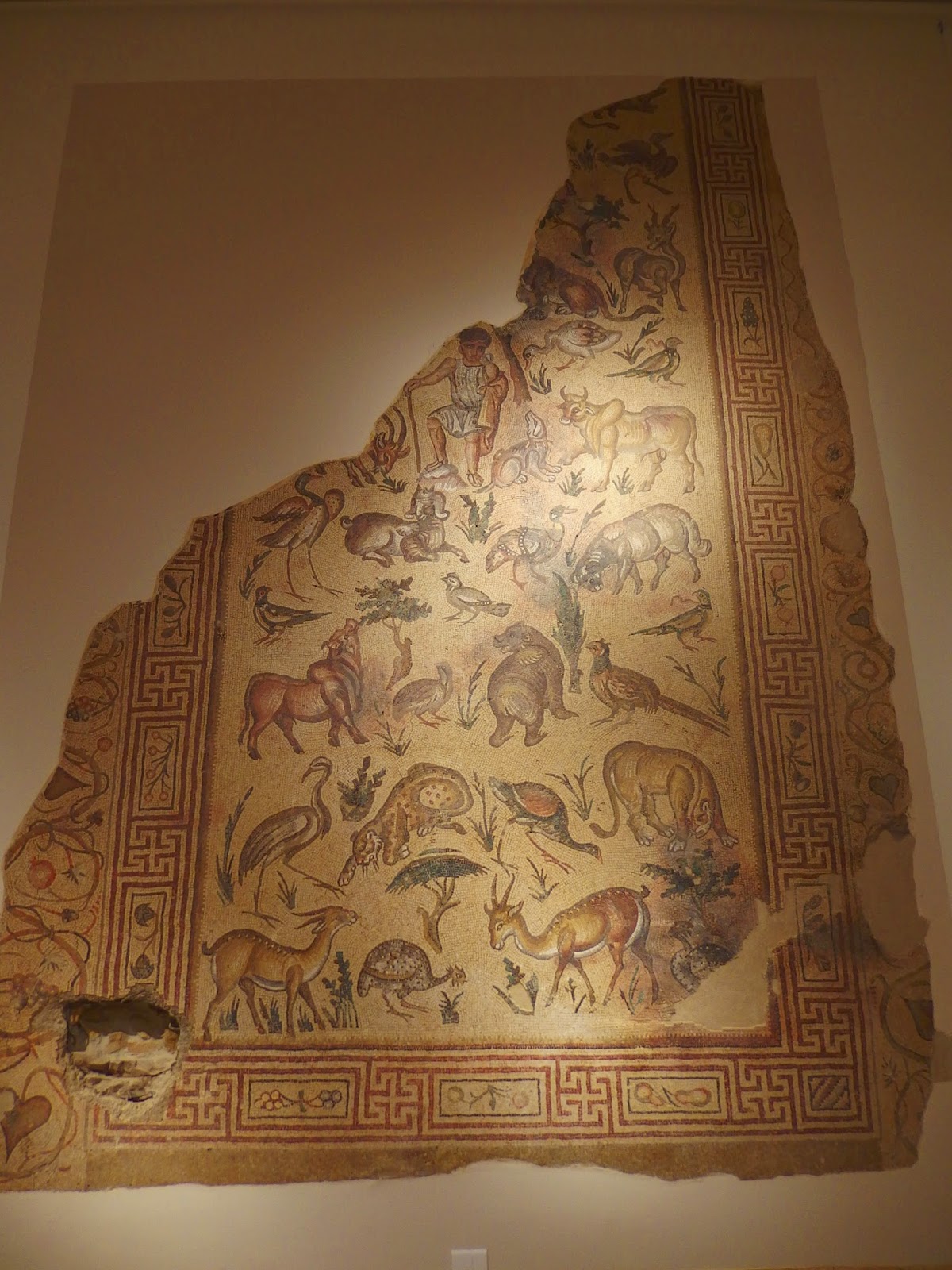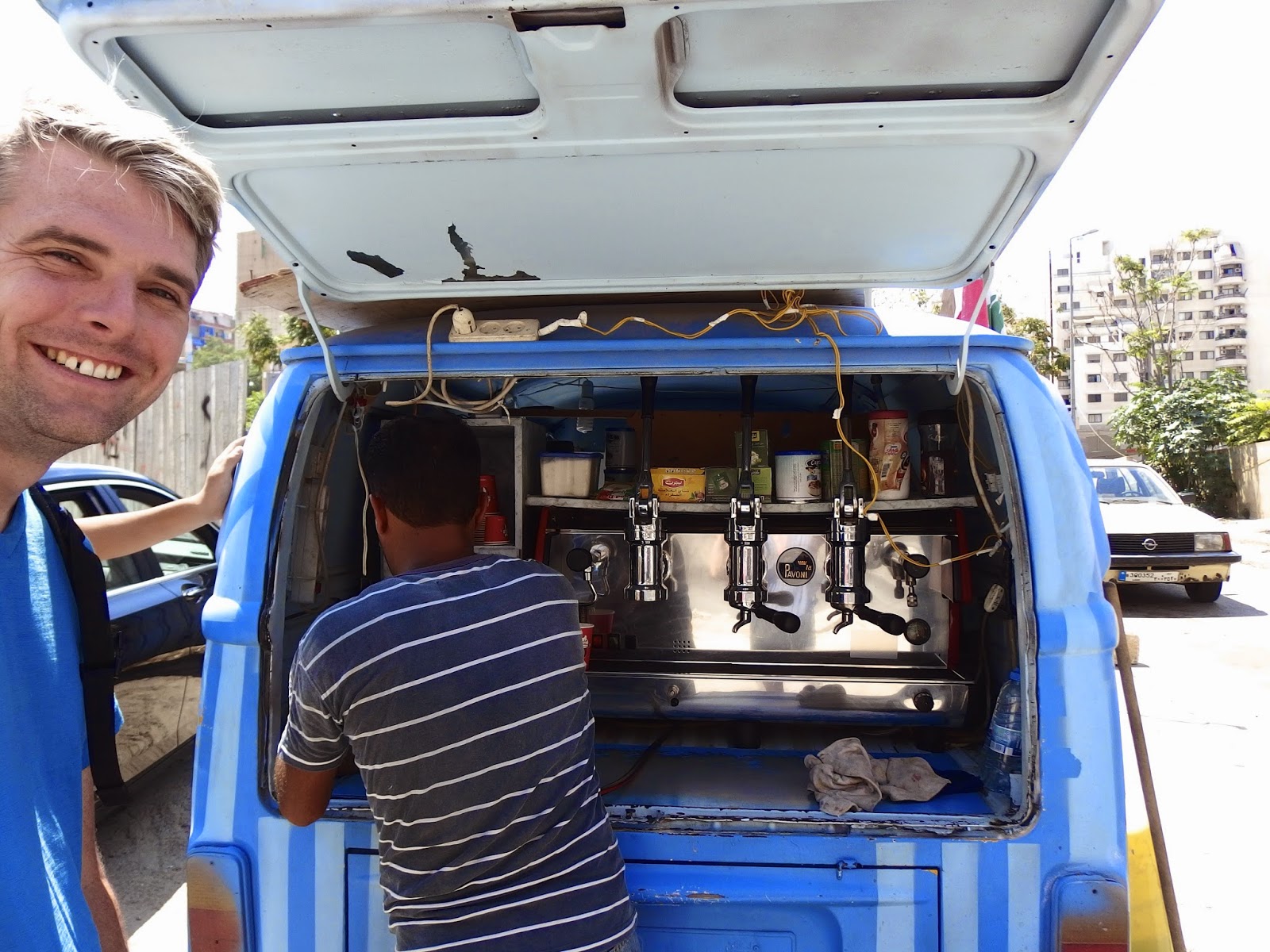During our first few days in Jordan (the week of July 21), Brian and I had some important decisions to make. We knew we wanted to go to Spain to complete a pilgrimage to Santiago and we knew we wanted to start around the beginning of September, but we didn't know if we wanted to go to Spain directly from Jordan or if we wanted to country-hop our way over to Spain. We did a preliminary search on skyscanner.com for tickets from Jordan to Spain and weren't too pleased with the results (everything was either more expensive than we had hoped or the flights were terribly inconvenient) so we started to consider other possibilities. Using the "destination: anywhere" feature, we found that the cheapest flight from Jordan was to Lebanon … and then from Lebanon we could get a cheap flight to Cyprus … and then there was one day in August when the tickets from Cyprus to Finland were $125 … and then from Finland the tickets to Spain were fairly inexpensive. Just like that we had our plan! And the total of all the tickets would be less than if we had flown directly from Jordan to Spain!
We arrived in Beirut, Lebanon on August 6, 2014. Our excitement to see the city hailed as the Paris of the Middle East and the homeland of one of our favorite authors (Kahlil Gibran) was overshadowed by news that a few days earlier ISIS had attacked a Lebanese town close to the Syria border. While the Lebanese military had gained control of the situation by the time we arrived, we couldn't escape signs of the times- it took us over two hours to get through immigration, the military police were actively stationed around the city, and many roads and pedestrian areas were blockaded. But it was also remnants from Lebanon's past that kept fresh the horrors of conflict and war. We passed by a number of buildings still riddled with bullet holes from the Lebanese Civil War (1975-1990) and the museum displayed pieces that had been damaged during fighting.
During our three days in Beirut, I couldn't help but recall our time in other countries where we'd seen the scars of war...
Nanjing, China where 300,000 people (half the city's population) were massacred over a period of 6 weeks during World War II.
Laos where 600,000 tons of Vietnam-era unexploded ordinance still kill and maim people on a weekly basis.
Ethiopia where an estimated half a million people were killed by the government during what is called the Red Terror.
No matter where in the world or when in history or whether there is a good side and a bad side, the tragedy of war is that what takes seconds to tear apart - whether a building, a diplomatic relationship, a city, a life - is never mended as quickly, if at all.
While our time in Beirut was more on the somber side, there were some really peaceful moments. Flickers of hope, you might say.














No comments:
Post a Comment